Exact Answer: Almost 26 Years
Have you ever been so tired that you just want to give your eyes a rest?
Sleep is one of the most important biological motives in our life. It is quite essential for us, as it affects our physical as well as mental health.
Sleep is the rest mode for us, but for the body, it’s the time to heal and restore energy so that we feel refreshed the next day.
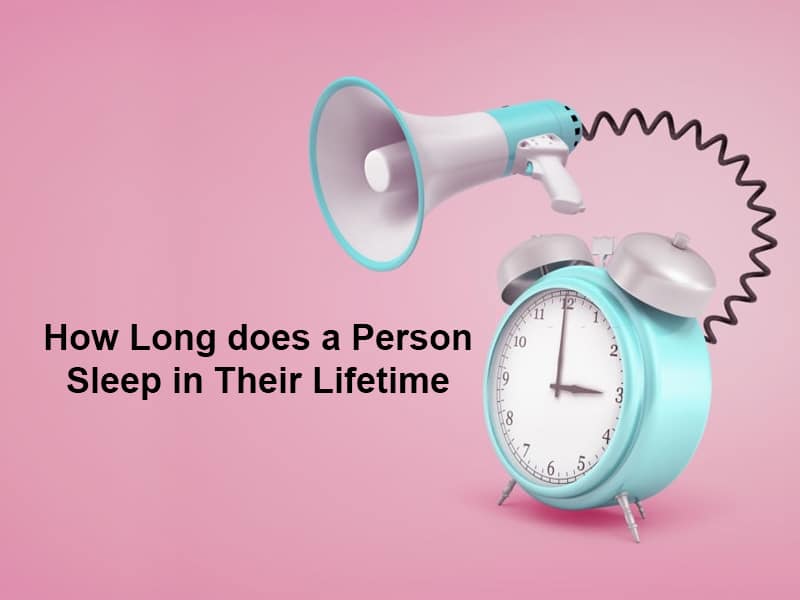
How Long does a Person Sleep in Their Lifetime?
| Age | Sleep Required |
| 1-11 months | 14-17 hours |
| 1-3 years | 12-14 hours |
| 4-5 years | 10-13 hours |
| 6-13 years | 9-11 hours |
| 14-17 years | 8-10 hours |
| 18-65 years and more | 7-8 hours |
If we calculate the hours of sleep required at every stage of life, it shows that an average person sleeps for about 26 years of his life, i.e., 7-8 hours/day. It means that a person spends almost 1/3 of his life, sleeping.
- New-born: New-borns tend to fall asleep as soon as their small stomachs get filled. This is because their body is still developing and they can’t keep their eyes open for long. Scientific research proves that new-borns growth happens mostly in their sleep.
- Toddlers (1-3yrs): Toddlers tend to sleep when they get tired from their play. Their energy drains off quickly, and to refill it, they take about 2-3 naps a day.
- Pre-schoolers (4-5yrs): Kids also cannot control their sleep for too long. They need 10-13hrs of sleep, which is important for them as they’re still in their development stage, and also to recover their energy.
- School-age (6-13yrs): Children from 6-13yrs requires about 9-11hrs of sleep, to maintain their mental health. Not getting enough sleep may lead to problems like hyperactivity, attention, etc.
- Teenagers (14-17yrs): Teenagers also require 8-10hrs of sleep for their emotional development.
- Adults (18-65yrs and more): Adults can work for more hours, and they have comparatively more energy than children. Adults require sleep of only 7-8hrs so that, they can get some rest and restore their energy.
There are some exceptions as well. It is observed that working people sleep less, due to work tension and other mental problems. Mental problems in young children can also lead to sleep deprivation. This leads to less amount of sleep overall in a lifetime.
Why do People Sleep So Much in Their Lifetime?
We feel tired because of the excessive accumulation of a toxin named “Lactic acid”, due to which we feel the need to sleep. After we sleep, this toxin disappears and we feel quite energetic.
Following are the reasons why we need to sleep:
- Full brain function- Lack of sleep may result in low brain functioning, i.e., troubles in recalling and concentration. After a good sleep, your brain is refreshed and helps in storing new and recalling older information, improves our decision-making, and decreases error-making.
- Good mood- Getting enough sleep will help you to reduce stress, anxiety, irritability, or any other emotional problems. It’ll surely put you in a good mood, and help you in being optimistic throughout the day.
- Proper fitness- Believe it or not, but sleep also helps you in weight control. Lack of sleep may result in hormonal imbalance, which is responsible for controlling appetite. This may lead to overeating or the temptation to eat unhealthy food. A night of good sleep will work towards maintaining the balance between your hormones and appetite.
- Improved immune system- Lack of sleep may cause serious issues of diabetes, memory loss, hallucinations, trembling hands, and high blood pressure as well. That is why human beings need to sleep.
In short, it helps in maintaining our physical as well as emotional well-being.
Conclusion
Thus, it proves that good sleep is a very essential aspect, as it helps in regulating your everyday life. Although some people might think that spending 1/3 of life in sleep is such a waste, but in reality, it’s not.
It almost controls everything in your life, your dreams as well. Don’t skip on your good night’s sleep and your dreams.
Tired? Have a nap, then.
Sweet Dreams!

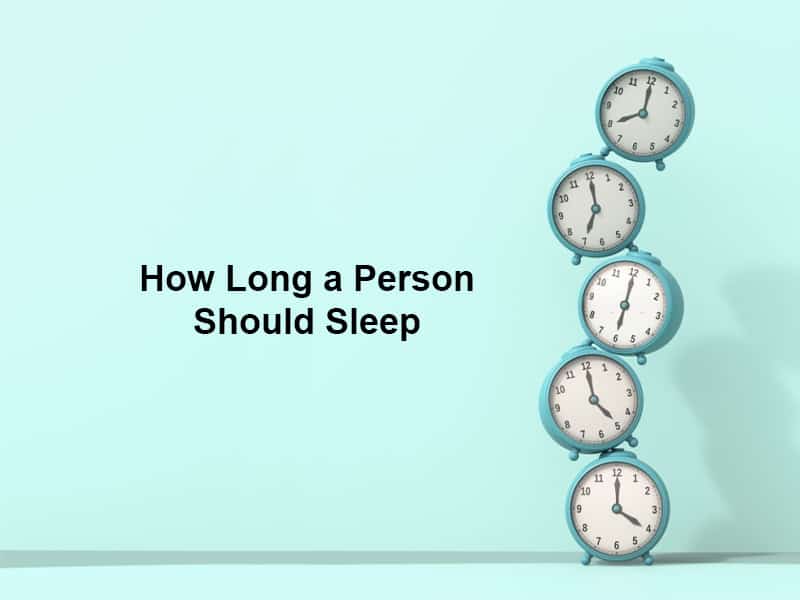
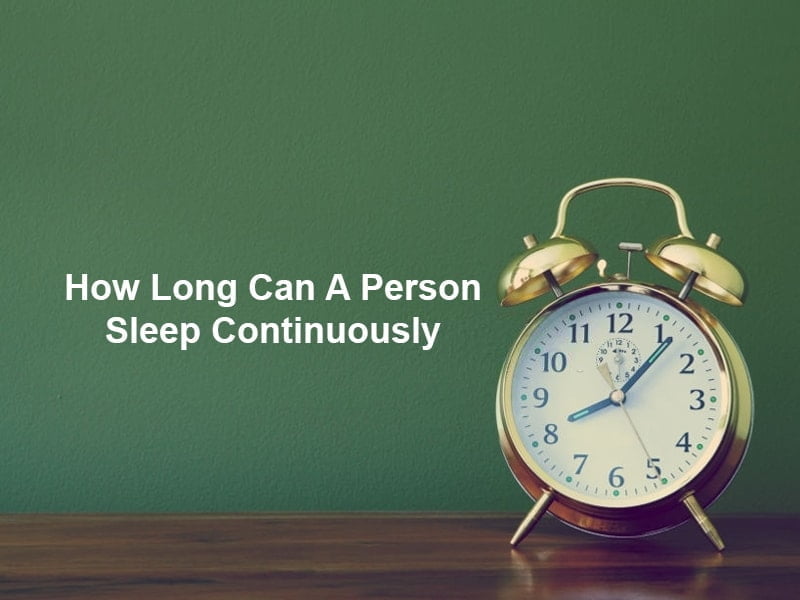
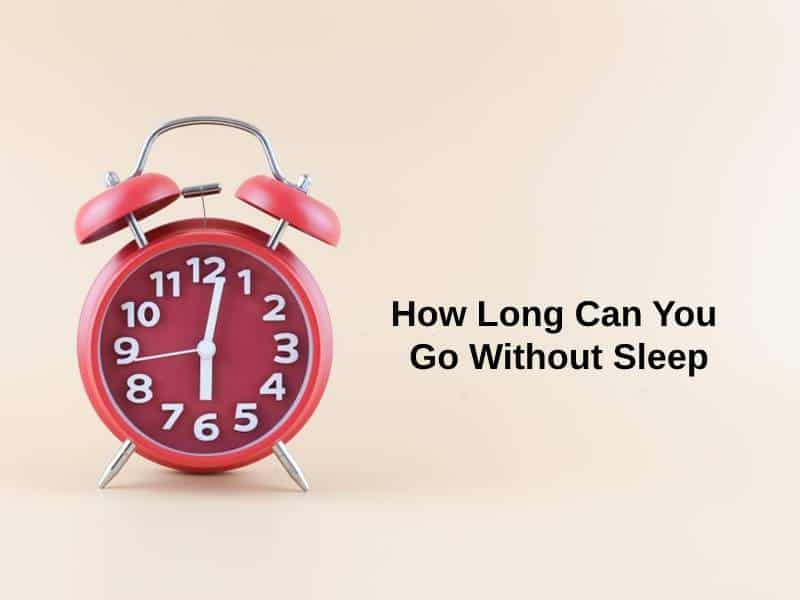
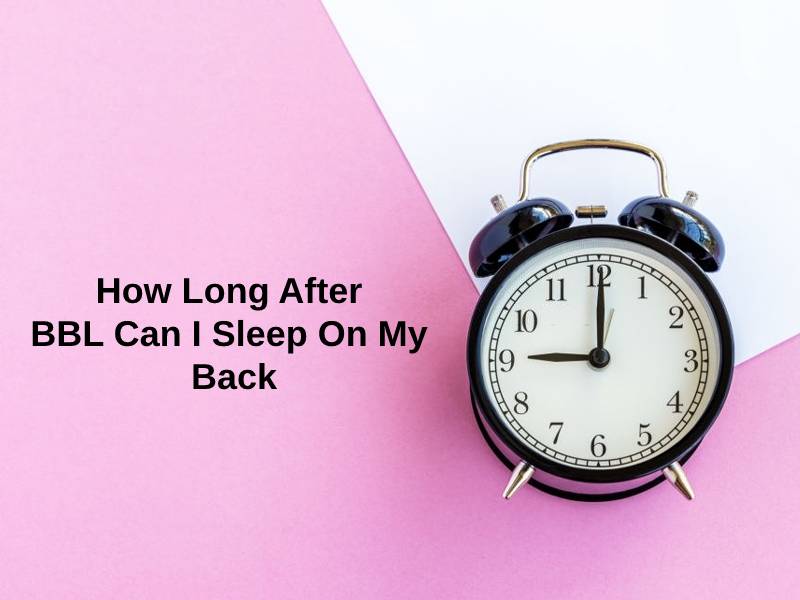
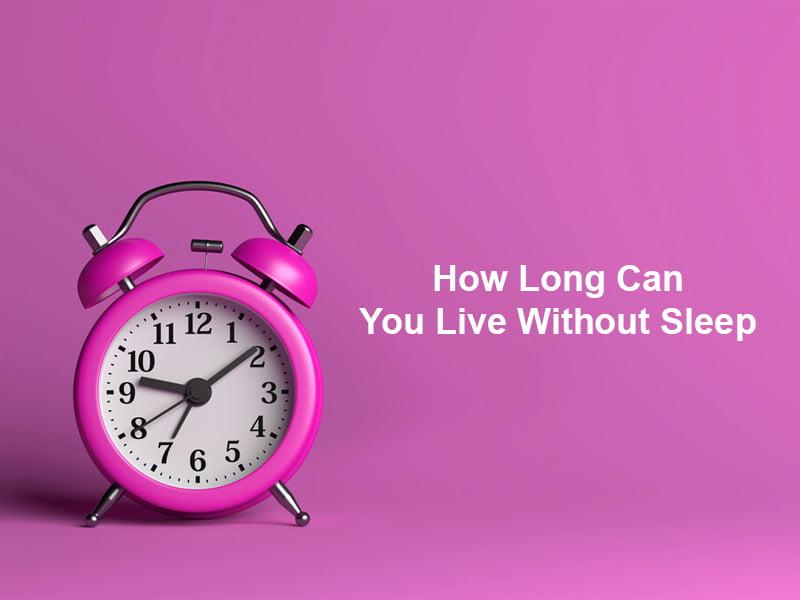
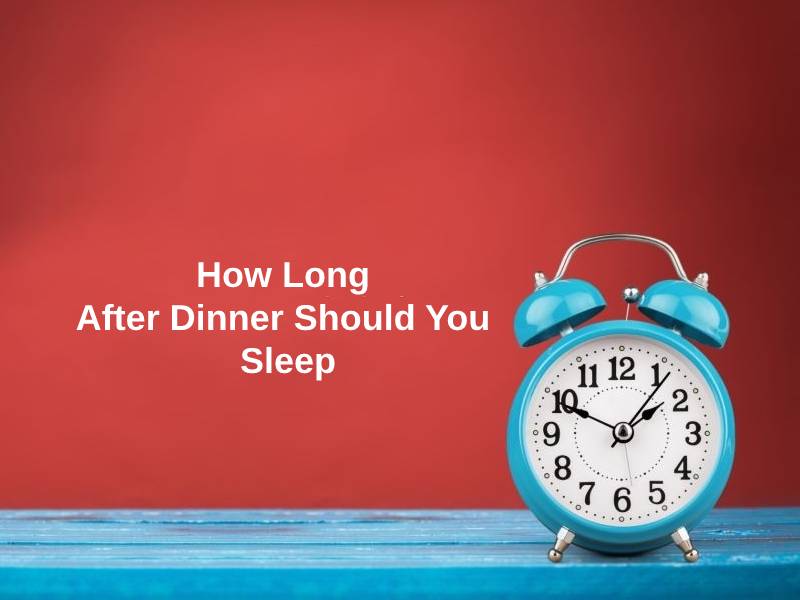
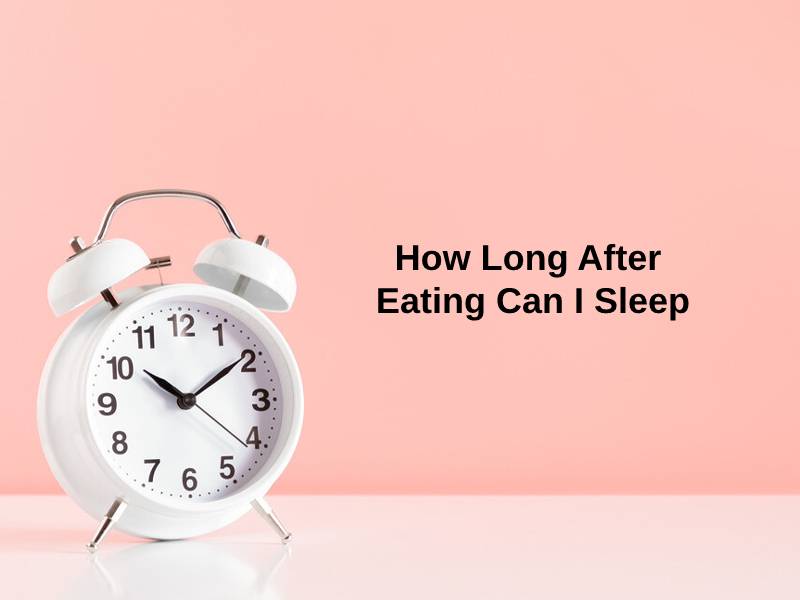
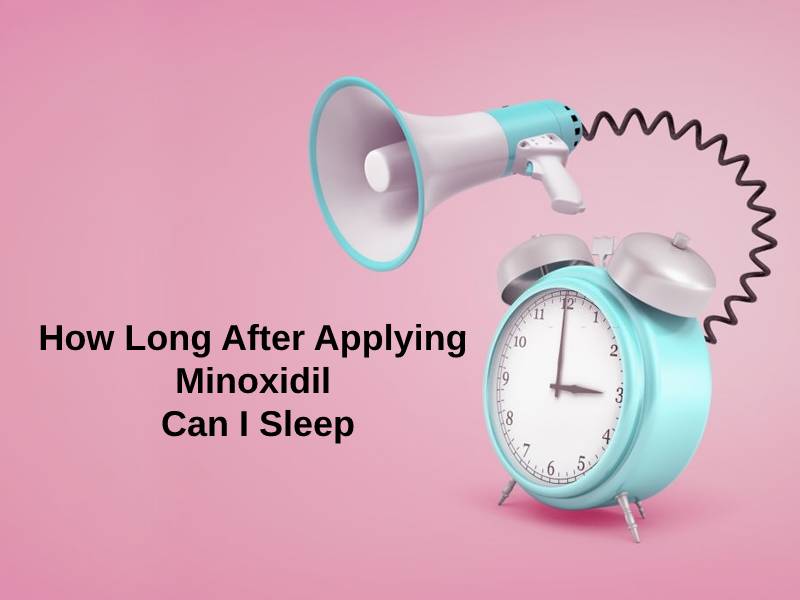
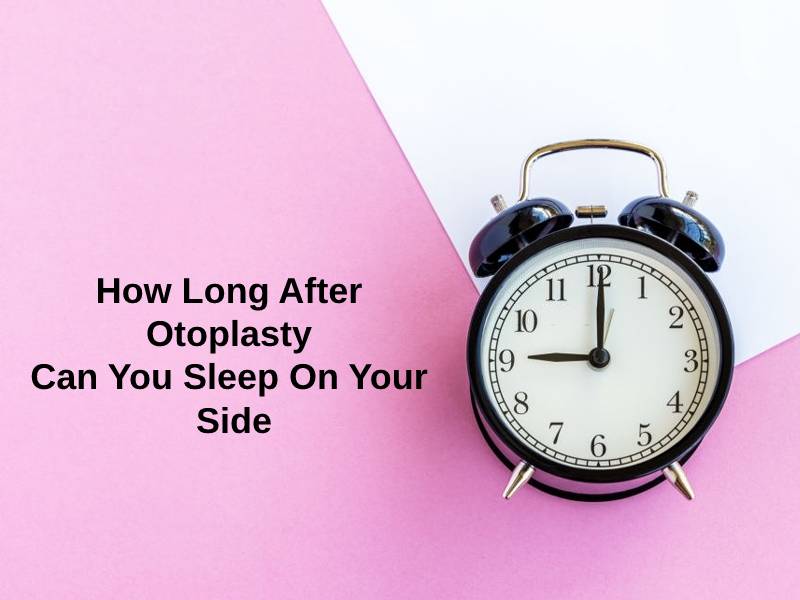
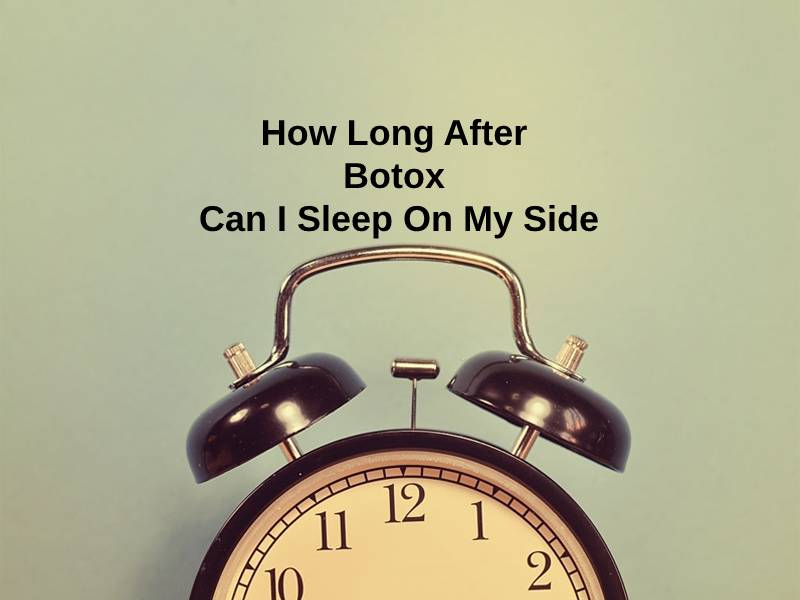
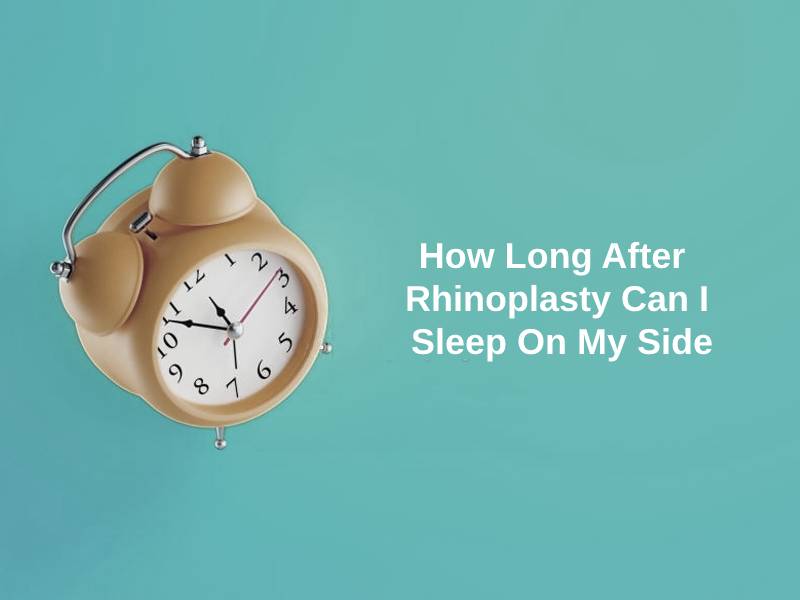
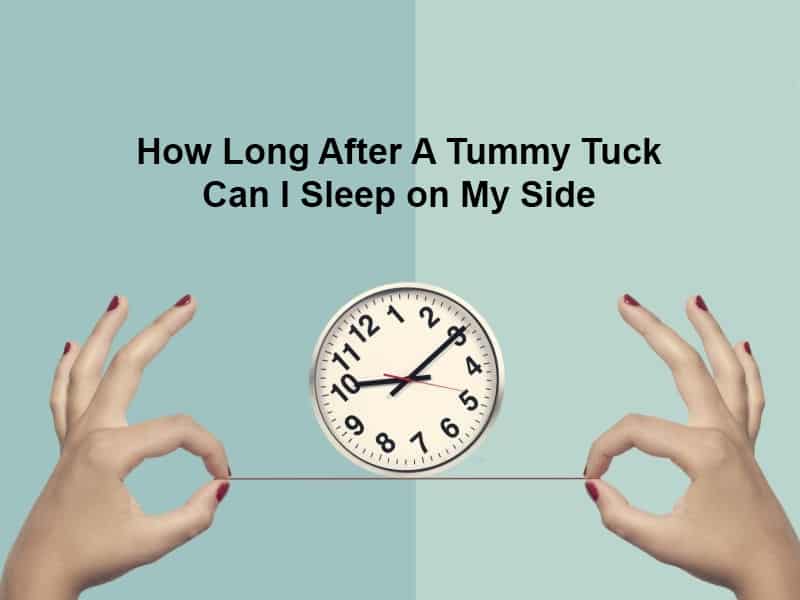
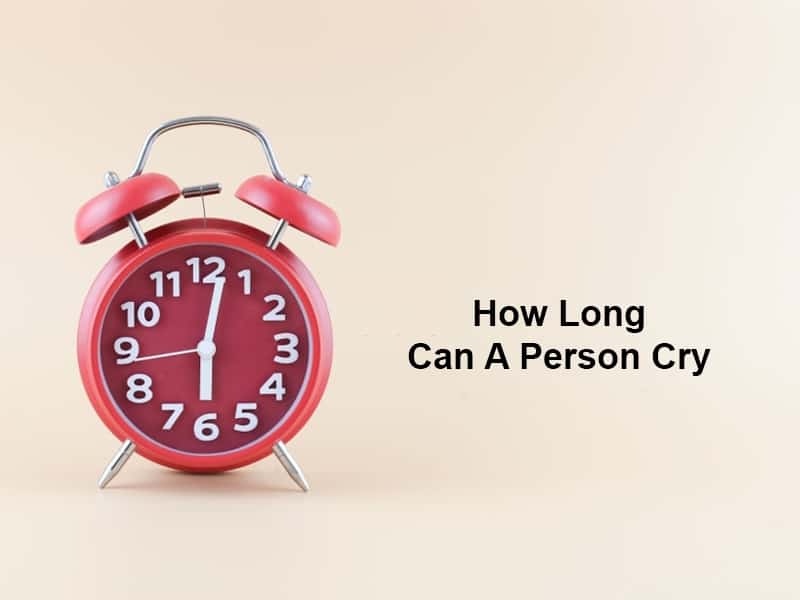
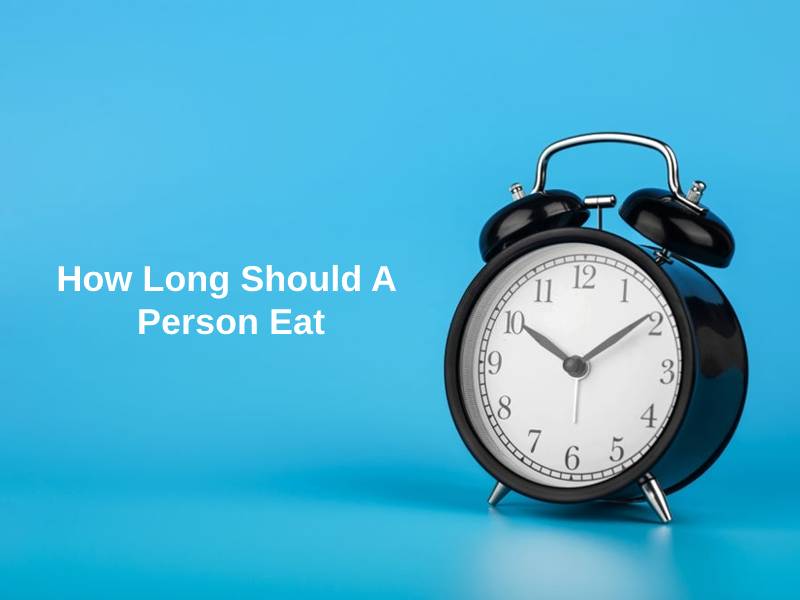
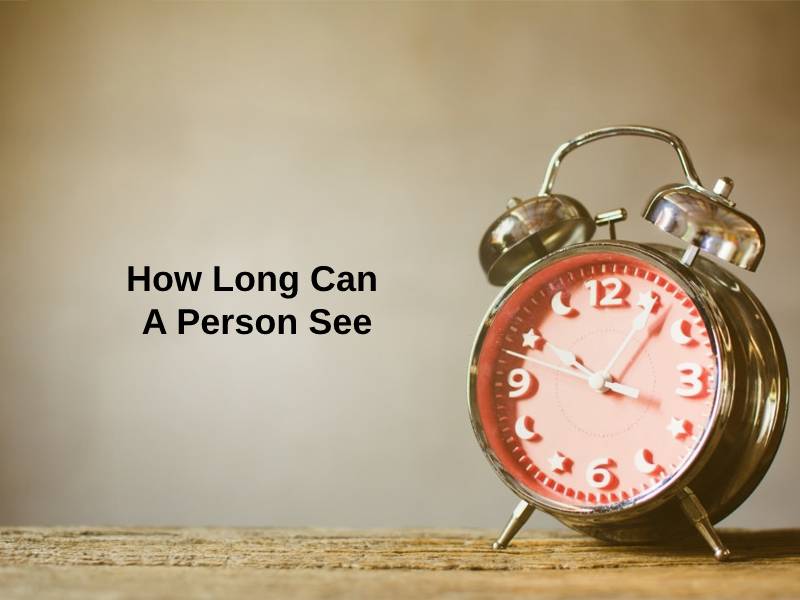
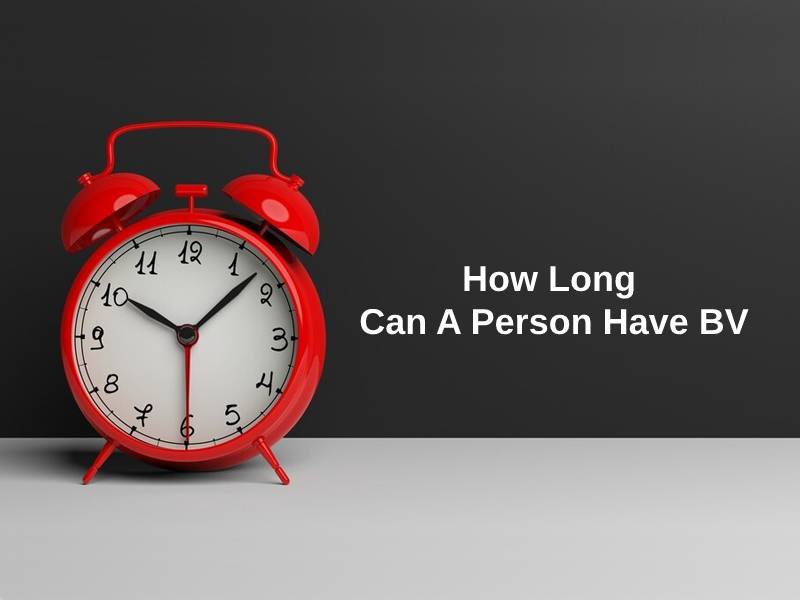
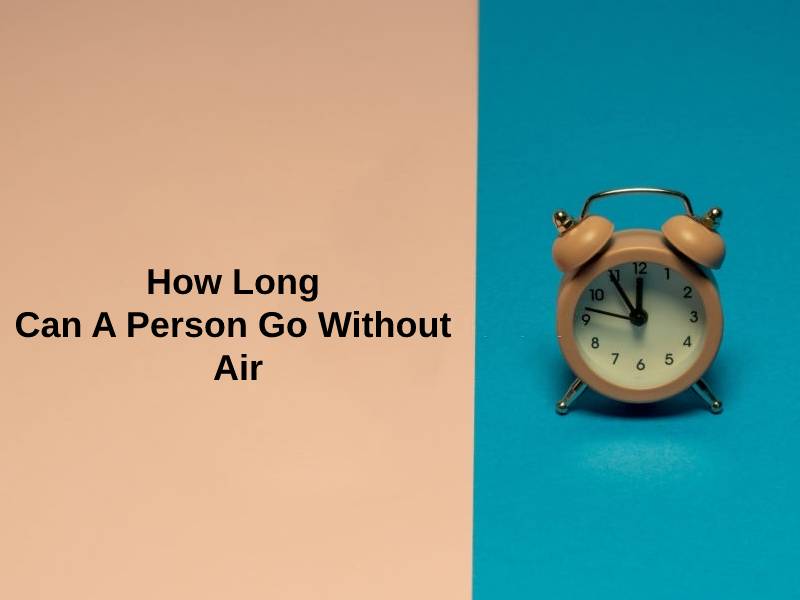
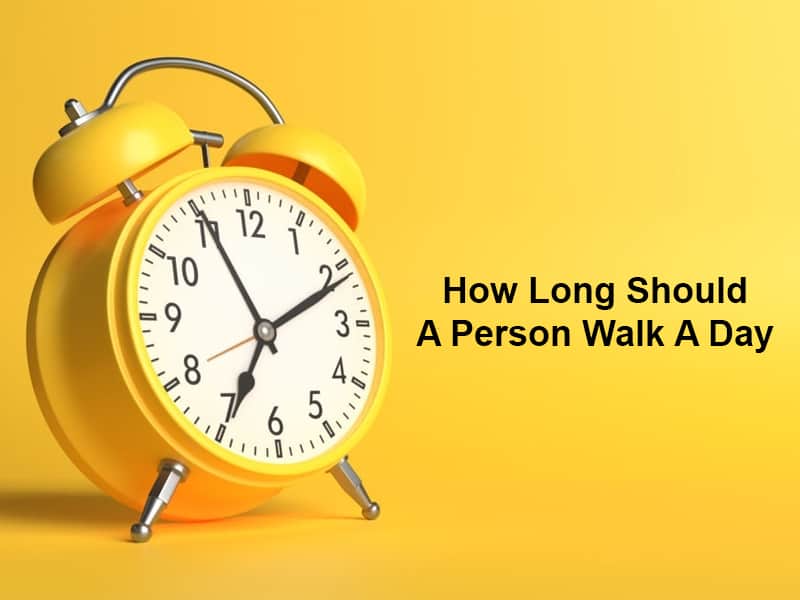
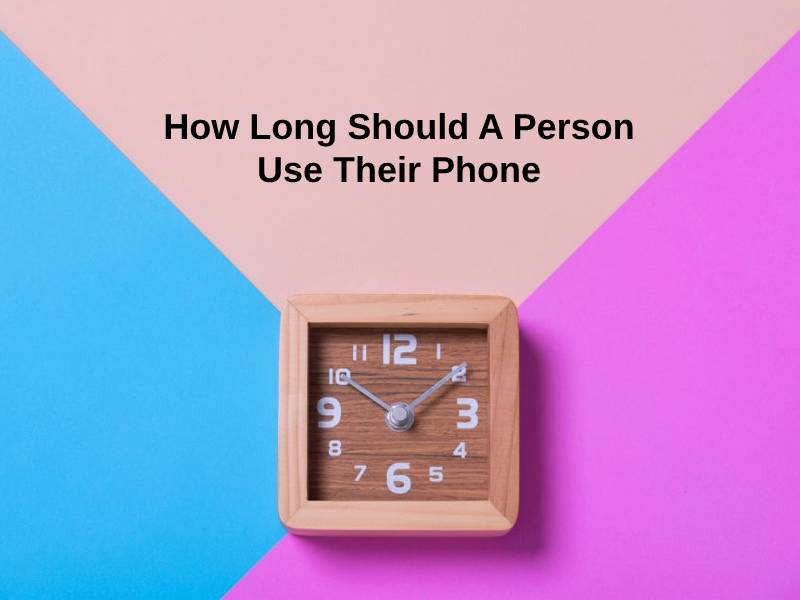
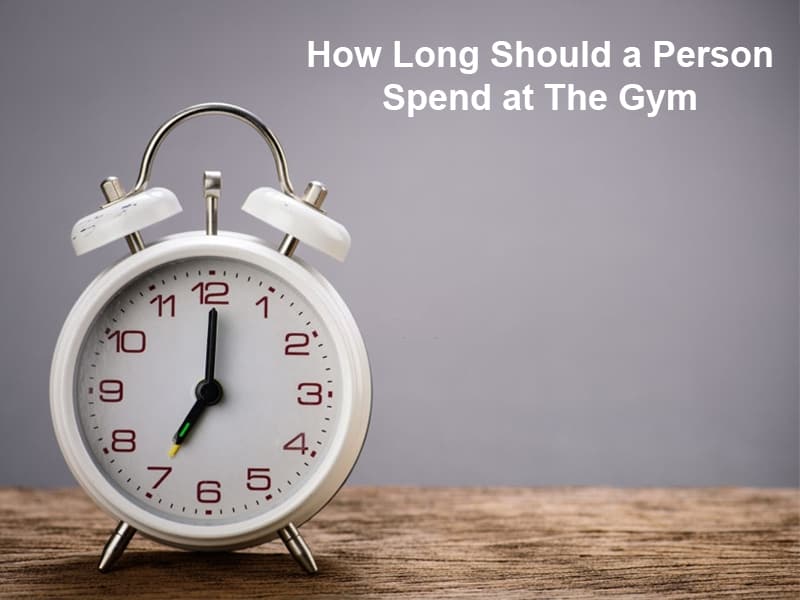
The research you used to support your statement is more than relevant, it proves that we waste 1/3 of our lives in sleep.
I agree with you, Uwilliams.
It’s amusing that the article ends with ‘Tired? Have a nap, then. Sweet dreams!’
I thought it was a clever way to conclude.
It definitely leaves a memorable impression.
We should value sleep more than we do. It’s amazing that our bodies heal and restore energy while we rest.
It’s an eye-opening article for me, I had no idea about some of these things.
The part about the reasons why we need to sleep is very informative.
Yes, it addresses the importance of sleep for our overall well-being.
It’s a very comprehensive explanation.
It’s amusing that the article suggests having a nap if tired. It’s a simple but effective solution.
I think it provides a practical tip.
The information provided in this article is quite important, especially about the hours of sleep required at every stage of life.
That’s true, it’s essential for parents to know their children’s sleep requirements.
It’s interesting to learn about the sleep needs of different age groups.
I disagree with the argument that spending 1/3 of life in sleep is not a waste. It’s a significant amount of time.
Time that could be better spent doing other things.
It is indeed an extensive time.
It’s a bit ironic that lack of sleep may result in low brain functioning, yet we have to sleep to regain brain function.
It does present a bit of a paradox.
The article provides a persuasive argument for the importance of sleep.
The conclusion summarizes it well.
I agree, it’s convincing.
I find the assertion that good sleep helps in regulating everyday life to be very persuasive.
The conclusion makes a strong case for prioritizing sleep.